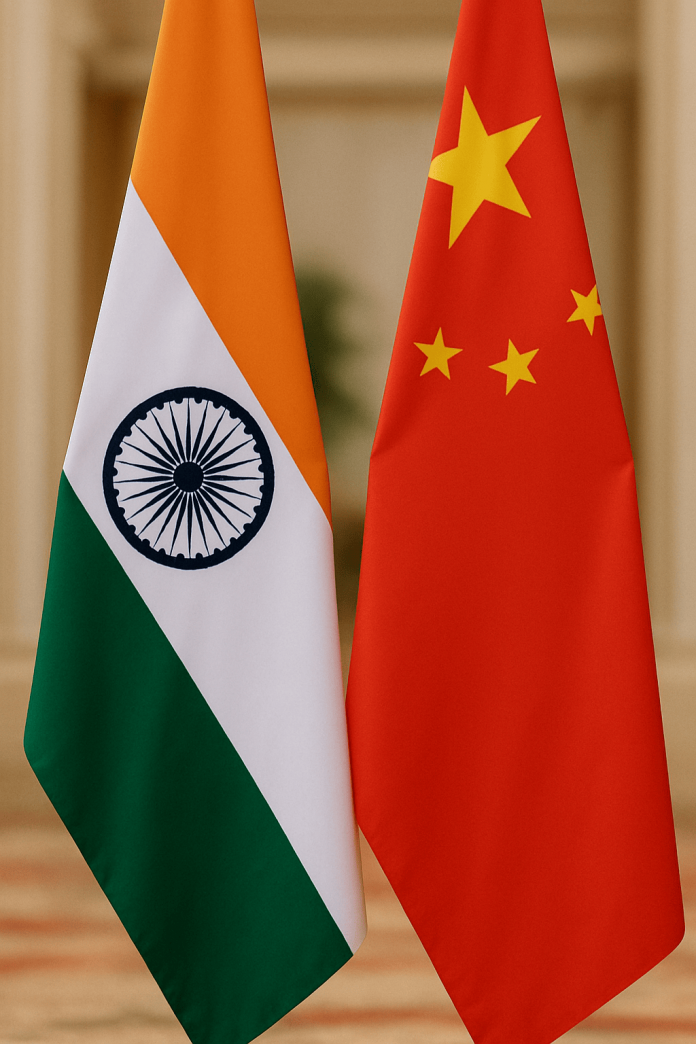In a notable step towards improving diplomatic relations between two countries, India has announced it will resume issuing tourist visas to Chinese citizens starting July 24, marking the end of a five-year suspension prompted by the COVID-19 pandemic and intensifying border tensions. The announcement was made by the Indian Embassy in China and follows a series of diplomatic discussions aimed at restoring normalcy between the two nations. Among the other developments is the decision to restart the Kailash Mansarovar Yatra, a popular pilgrimage route for Indian citizens that had been suspended since 2020.
A Symbolic Restart
India had suspended visa services for Chinese nationals after the outbreak of the pandemic and the Galwan Valley clash, which strained relations between the two countries. The resumption of tourist visas now signals a broader intent to rebuild trust and revive people-to-people contact.
The move aligns with discussions held between Prime Minister Narendra Modi and Chinese President Xi Jinping during their meeting in Kazan in October 2024. Both leaders agreed to take “people-centric steps” to stabilise relations and encourage cultural and social exchanges.
Kailash Mansarovar Yatra to Resume
The revival of the Kailash Mansarovar Yatra, a high-altitude pilgrimage route in the Tibet Autonomous Region, is another major decision. The yatra had been suspended along with direct air services in the wake of the pandemic and border standoff.
Officials from both countries have agreed to hold an early meeting of the expert-level mechanism to work out the logistics for resuming the pilgrimage. Discussions will cover route access, safety arrangements, and compliance with existing bilateral protocols.
Strategic and Diplomatic Context
This year marks the 75th anniversary of diplomatic relations between India and China. The resumption of tourism and religious travel is being seen as a symbolic way to commemorate the milestone and to reopen channels for public engagement.
Additionally, both sides have agreed to resume talks on trans-border river cooperation, including the sharing of hydrological data. These talks had also been on hold due to the strained political climate. Reviving these discussions is expected to help manage ecological concerns and improve mutual transparency.
Looking Ahead
While these developments represent a cautious dissolve in ties, officials have clarified that they are part of a broader, phased approach. By focusing first on tourism, religious travel, and environmental cooperation, both sides are aiming to rebuild trust gradually.
The recommencement of tourist visas may not resolve all longstanding issues between India and China, but it marks a step in the right direction — signalling that dialogue and diplomacy continue to remain on the table.















